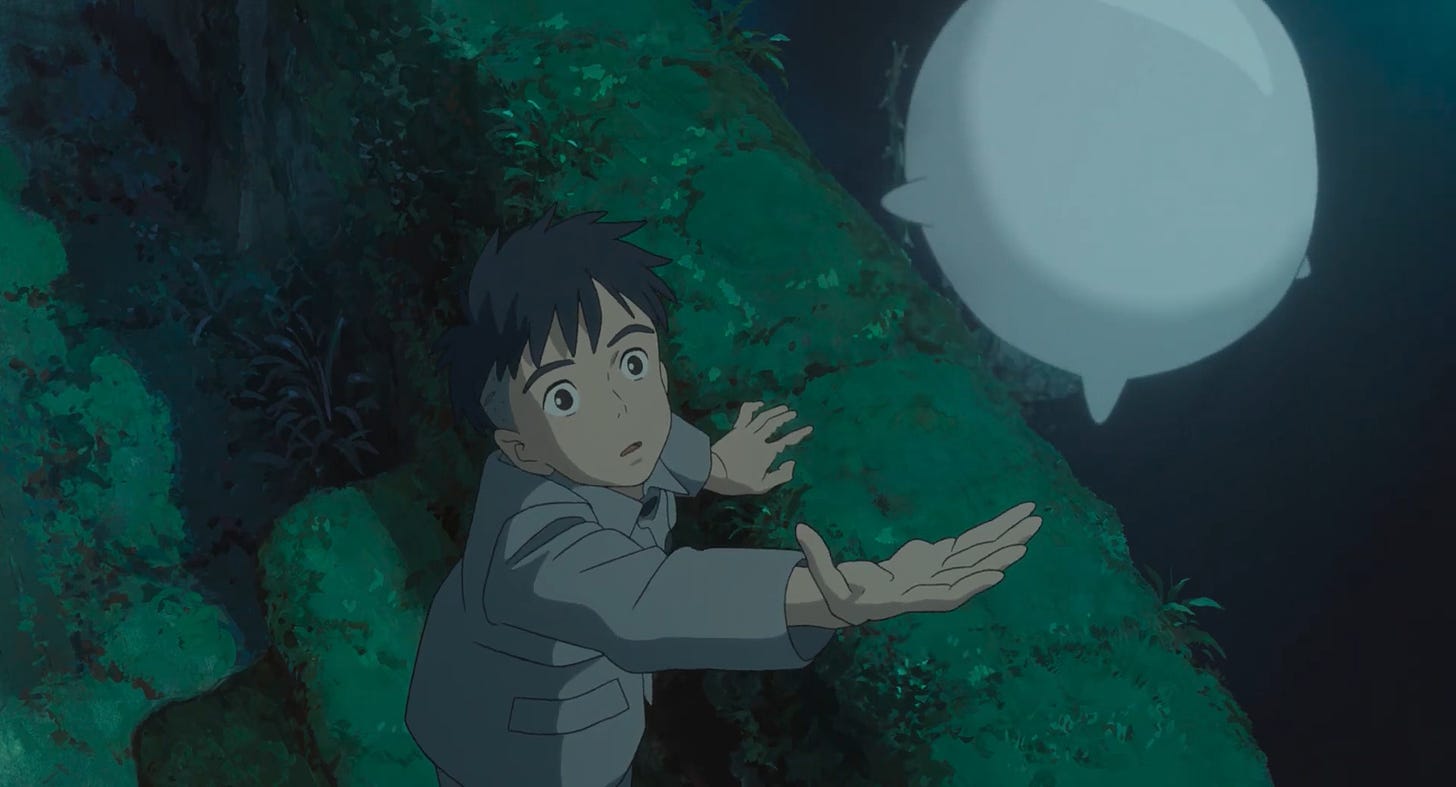Watching
The Boy and the Heron (2023)
In 2013 we were all pretty certain that The Wind Rises would be Hayao Miyazaki’s final film. It certainly felt like it, what with its total departure from any of the fantasy elements that characterize his other movies. But inspiration can strike even in retirement, and so the master animator is back at it with what wi…




